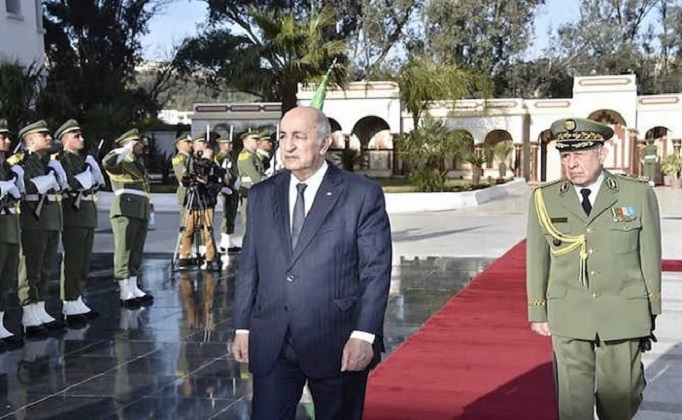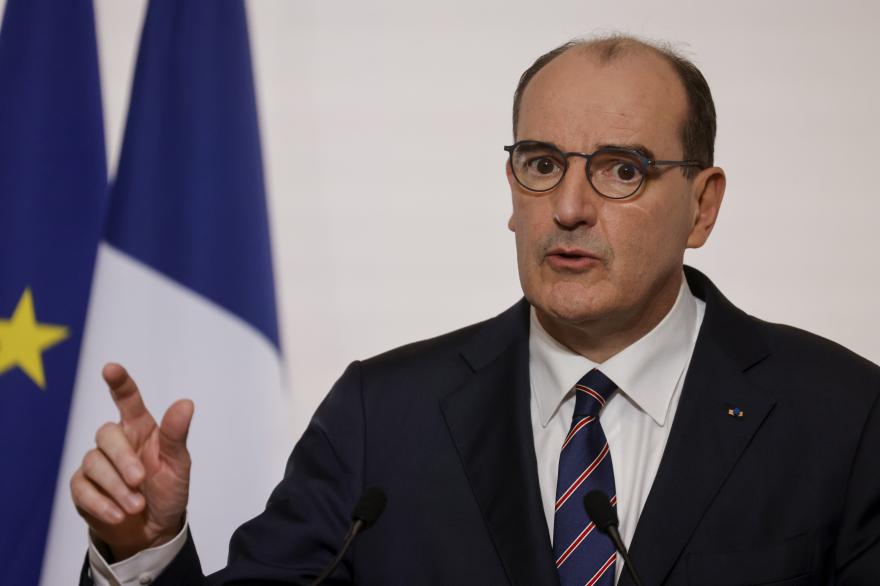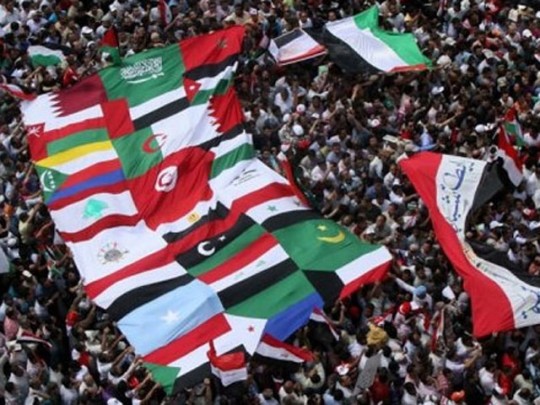As was expected, the civilian façade of the Algerian military regime Abdelmedjid Tebboune has officially announced that he will bid for a second term during the early elections he set for September 7.
The announcement came in a video on the facebook page of the presidency, in which the president bragged about a “new Algeria.”
In 2019, Tebboune won presidential elections with low turnout nearing zero in the breakaway Kabyle region. He decided to cut short his term by announcing early elections in September instead of December.
When asked in a TV interview in March about the reasons for early elections, Tebboune mocked himself and showed a disdain for the Algerian people saying that cutting short his term was a “technical measure.”
Tebboune downplayed the seriousness of his decision to cut short his mandate. His critics say that not only is his decision arbitrary, but also denotes a lack of respect for the Algerian electorate and for his responsibility to finish his term or resign.
Even before announcing his re-election bid, Tebboune engaged in an early electoral campaign showcasing stadiums launched during the era of his predecessor Bouteflika.
In kabylie region, the hot bed of the pro-democracy Hirak movement and where an independence movement is gaining traction, Tebboune’s visit this week was largely boycotted and wooed.
Tebboune has failed economically to set the Algerian economy on a diversification track, leaving disenchanted youth between the hammer of unemployment and the anvil of illegal migration through the hazardous sea crossing to European shores.
The president has found a solution though: manipulating figures to project a factionary economic development.
He promised to double Algeria’s GDP to 600 billion dollars! Currently, the GDP stands at 195 billion dollars thanks to increased oil and gas revenue after the war in Ukraine. The new GDP includes the estimated revenue of the large informal sector, a move that is taken by Algeria to downsize its debt to GDP ratio.



